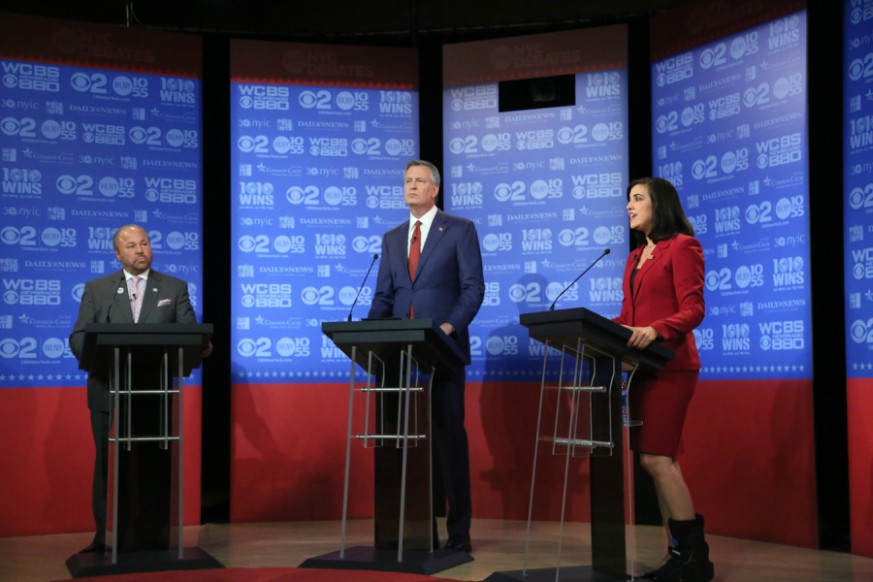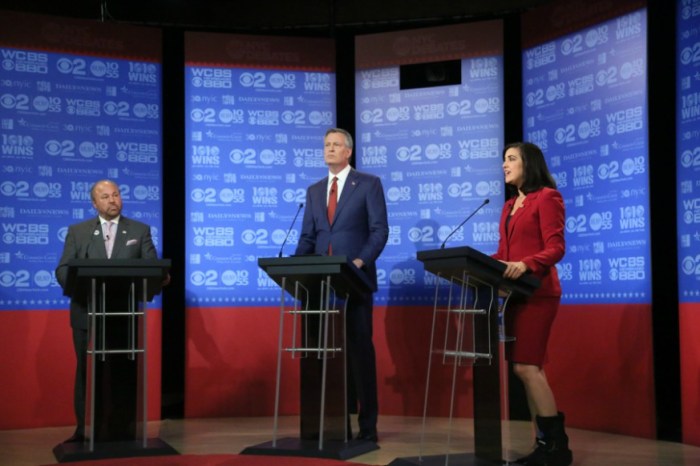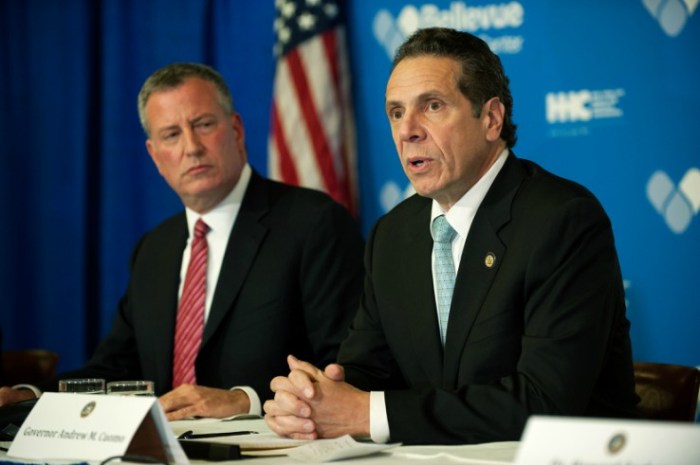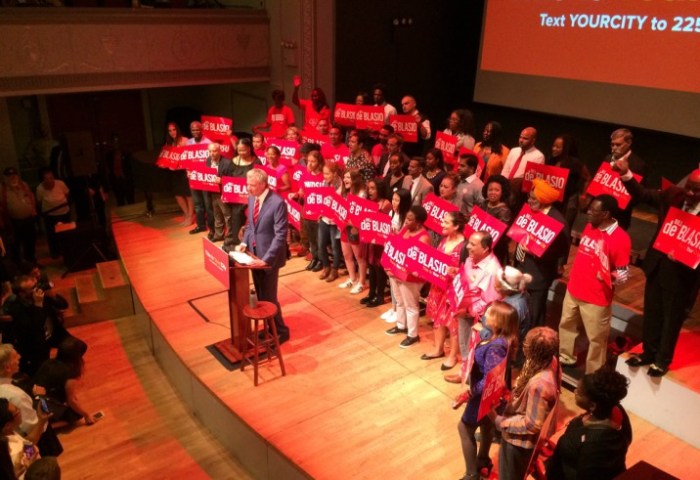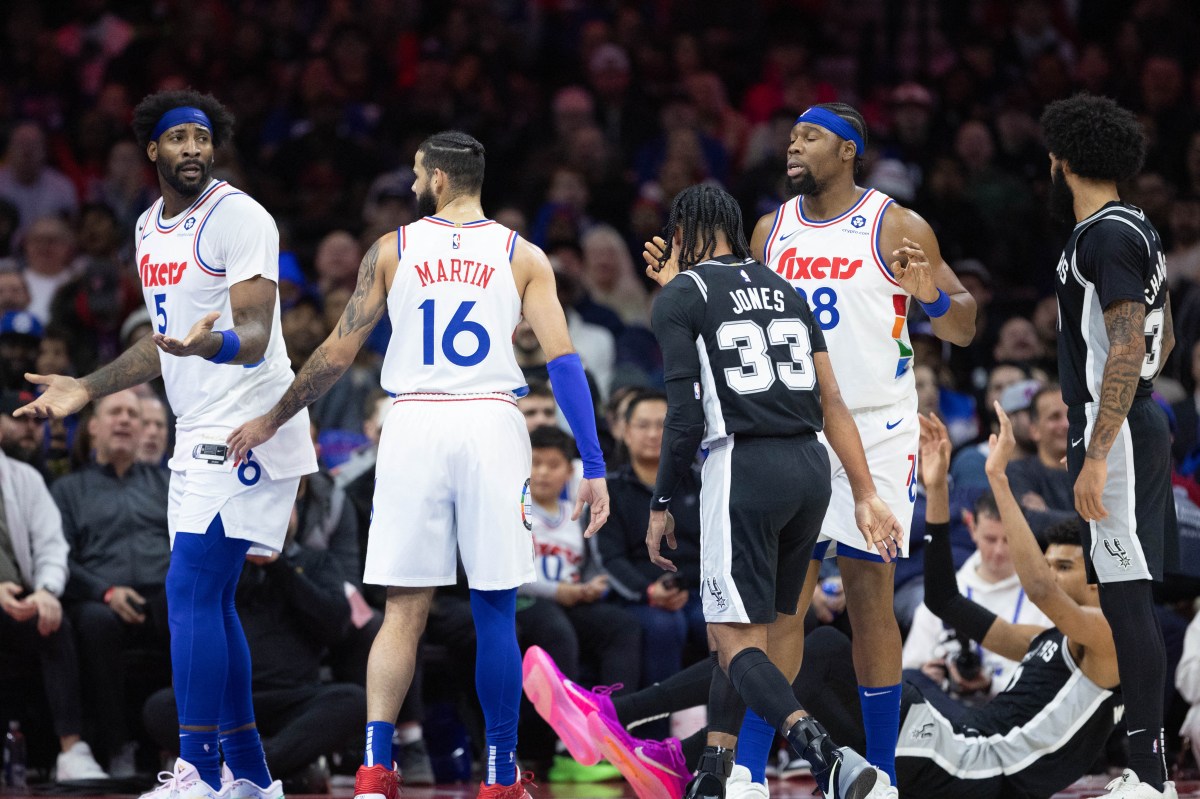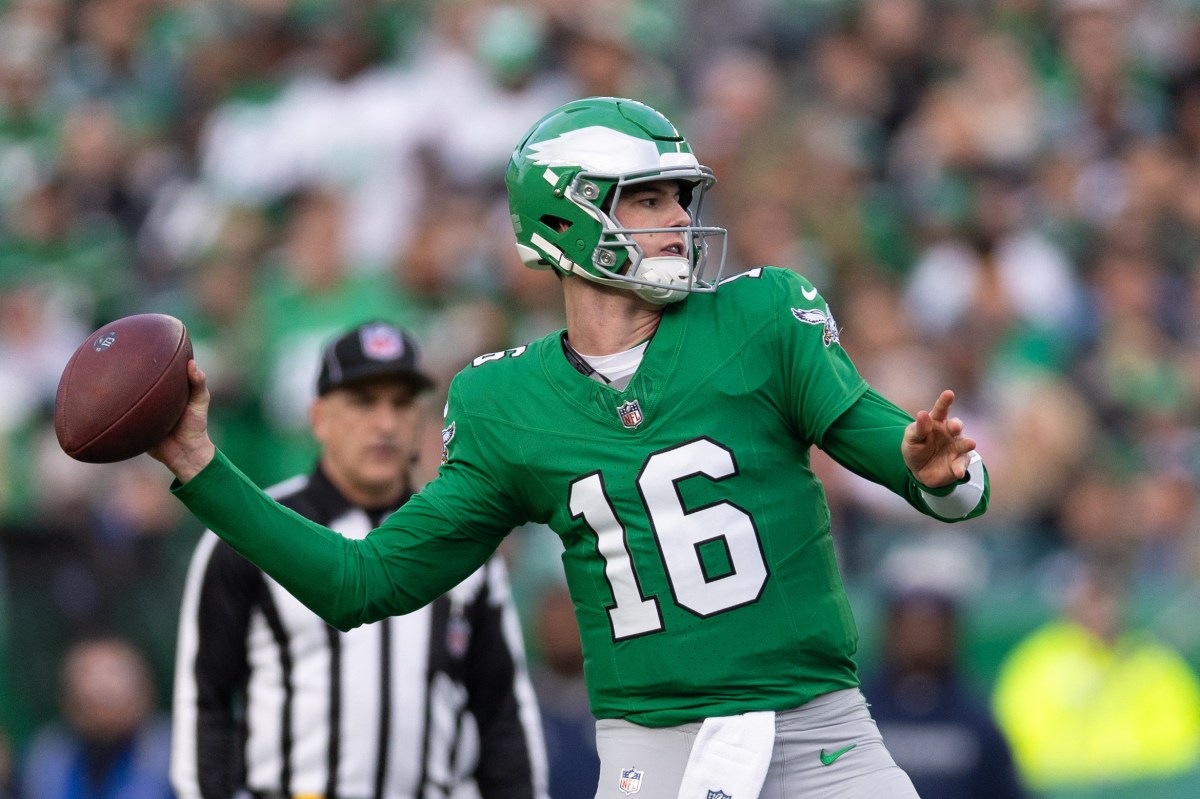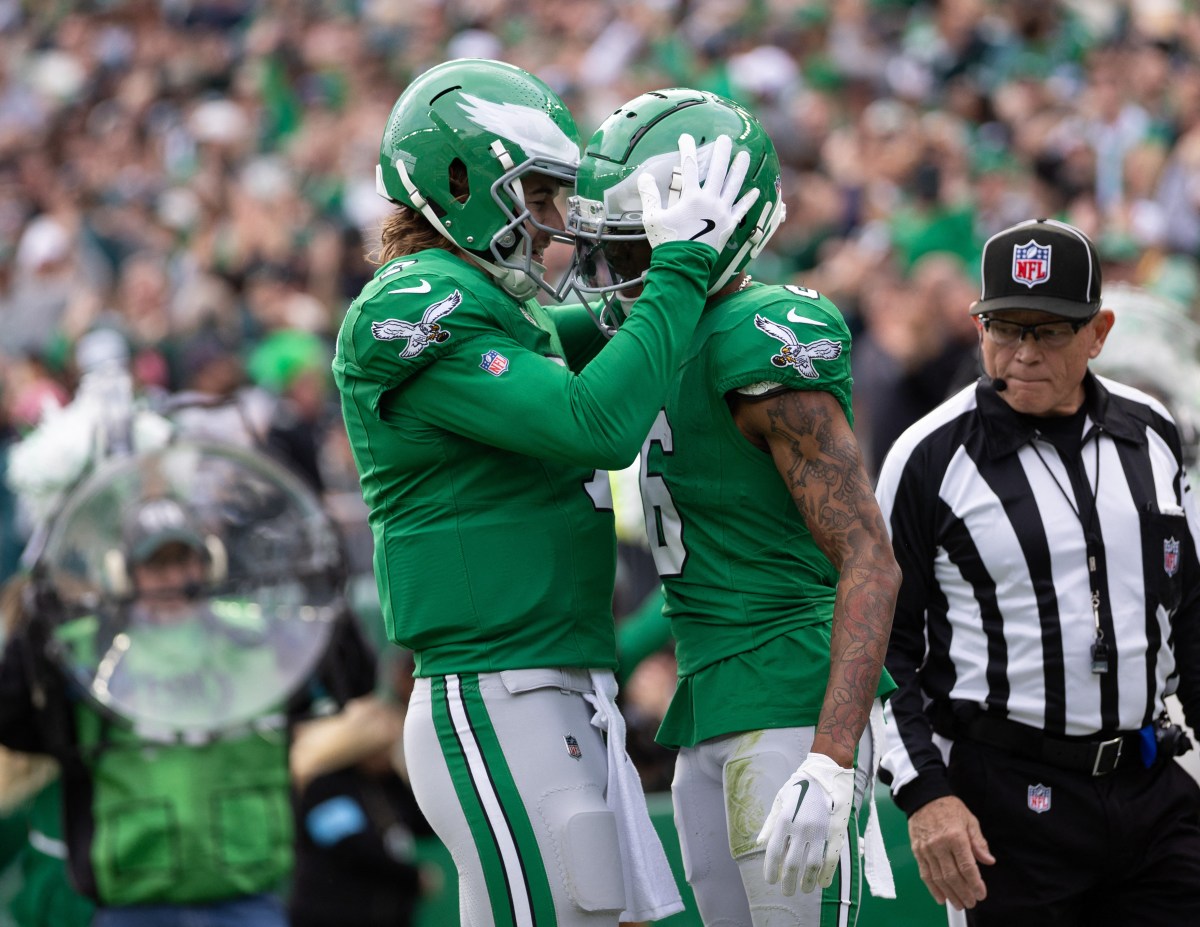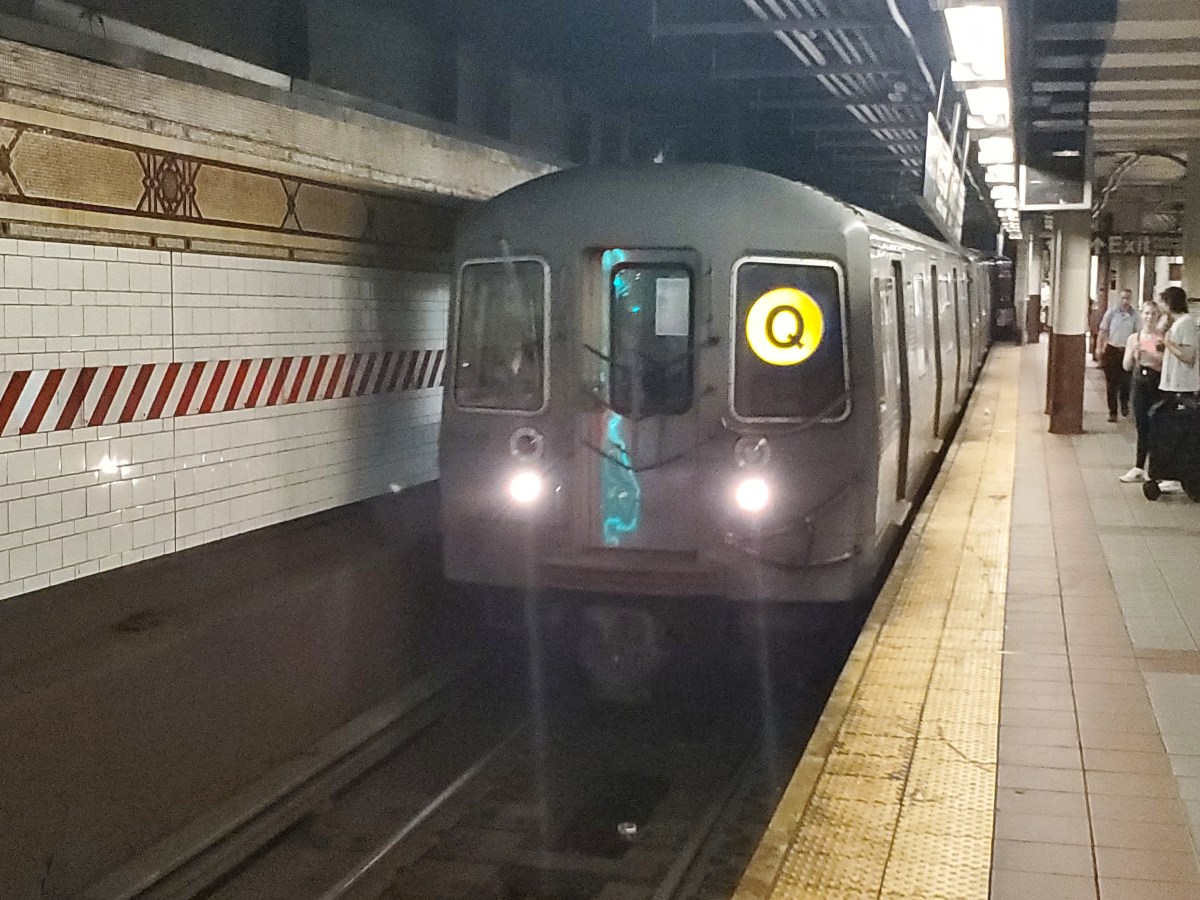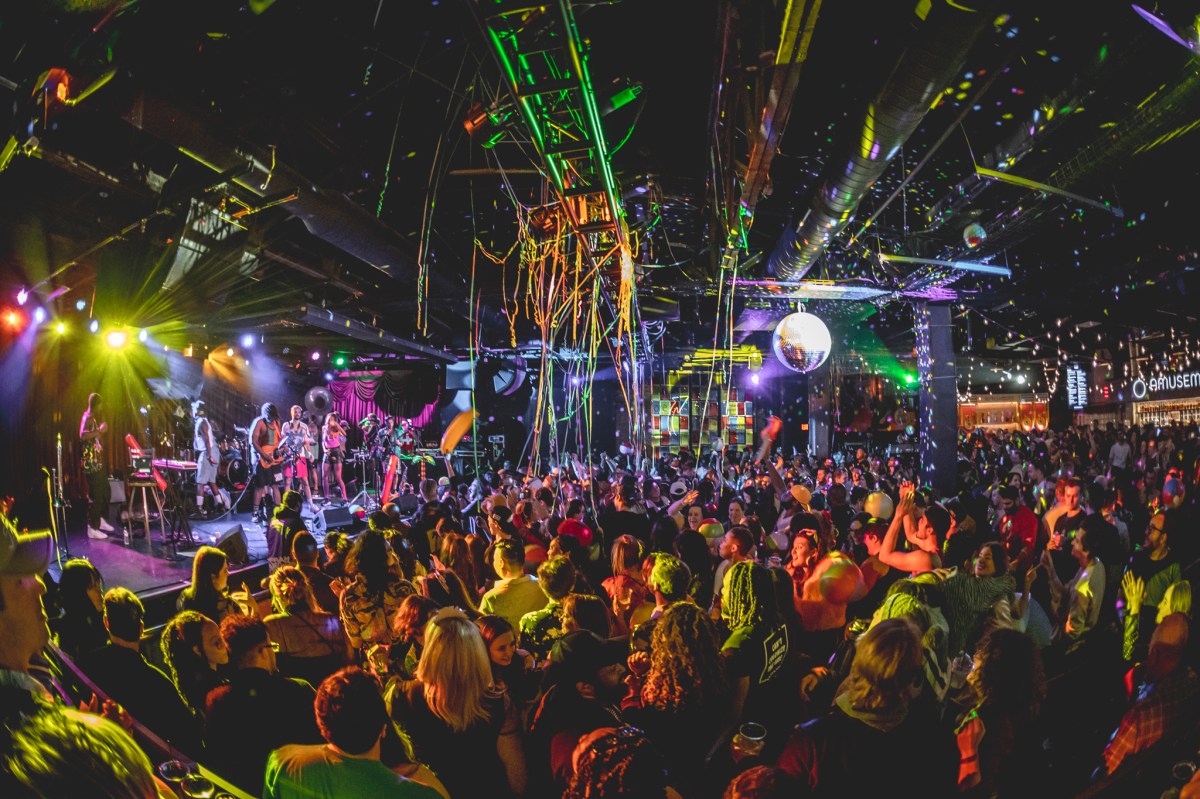It all comes down to today. After leading the polls for the past several months, will Mayor Bill de Blasio get a second term in office or will New Yorkers opt for Staten Island Republican Assemblywoman Nicole Malliotakis or former NYPD detective and independent Bo Dietl?
While we can only speculate until the polls close Tuesday night, here’s what you need to know about Election Day and where the top three candidates stand on some key issues.
Terrorism
In last week’s debate, held the day after a terror attack in Lower Manhattan that left eight dead in 12 others injured, the first questions dealt with terrorism, including the monitoring mosques.
“Yes, we can prevent terror by intelligence gathering,” de Blasio said, but added that past NYPD surveillance “alienated police from the very people we needed information from, and it violated people’s rights.”
While Malliotakis said a group or religion should not be targeted, police should have “the tools that we need to do their jobs” with “no limits to their ability when they get their lead.”
Dietl echoed President Trump’s sentiment regarding the political correctness of extreme vetting, saying that “it cannot be there all the time.”
Transit
To fix the city’s aged and in-crisis subway system, Dietl would “immediately” use the city’s $4 billion surplus.
“(The mayor) loves to say it’s not our problem, it’s the governor’s, but these trains are being ridden by New Yorkers, which is your elected people,” Dietl told Metro in September. He also suggests freezing expansion and capital spending until the system reaches a minimum of 95 percent reliable.
De Blasio has proposed a “millionaire’s tax” on the wealthiest New Yorkers to raise $800 million for transit, which, he told us in September, is “something that can be acted on right away” if passed, though he did add that “the state needs to step up” and “take full responsibility.”
Malliotakis has vowed to work with Gov. Andrew Cuomo, who controls the MTA, to fix the issues that include upgrades to signals, which contribute to nearly 70,000 monthly delays. She also plans to install Smart Light technology to reduce emissions and enable better traffic flow.
Affordable housing/homeless
Malliotakis proposes incentives like moving costs and rent reductions for singles or couples living in multi-bedroom apartments to downsize as well as creating 30,000 units of supportive housing to reduce homelessness.
Dietl suggests a similar incentive program for “empty nesters,” but would charge higher rents to those who choose to stay. He did tell us that Section 8 is something he “likes a lot” and would repurpose large shelters to accommodate families.
Last month, de Blasio announced the city will meet his goal of building or preserving 200,000 units of affordable housing two years before its initial 2024 target. He also enacted the city’s first-ever rent freeze, which kept stable rents for 2.5 million residents. He said his HOME-STAT (Homeless Outreach & Mobile Engagement Street Action Teams) also helped 900 people find shelter and housing.
Metro interviewed de Blasio and Dietl, as well as Reform Party candidate Sal Albanese and Smart Cities candidate Mike Tolkin, ahead of the primary election. Malliotakis did not respond to multiple interview requests.
How to vote in NYC
You can only vote at your designated polling place, which will be open from 6 a.m. to 9 a.m. today.
To find your polling station, visit vote.nyc.ny.us or nyc.pollsitelocator.com on mobile devices. You can also call 866-VOTE-NYC.
What the polls say
According to last week’s NY1/Baruch College City poll of 1,089 New Yorkers, de Blasio leads Malliotakis 49 percent to 16 percent, while Dietl comes in third with 3 percent. However, de Blasio’s 33-point lead decreased from 44 percentage points in early October, NY1 reported.
The most-recent NBC4/Marist poll of 1,137 city residents on Oct. 5 showed de Blasio having a 42-point lead over Malliotakis’ 16 percent. Dietl had 5 percent.

